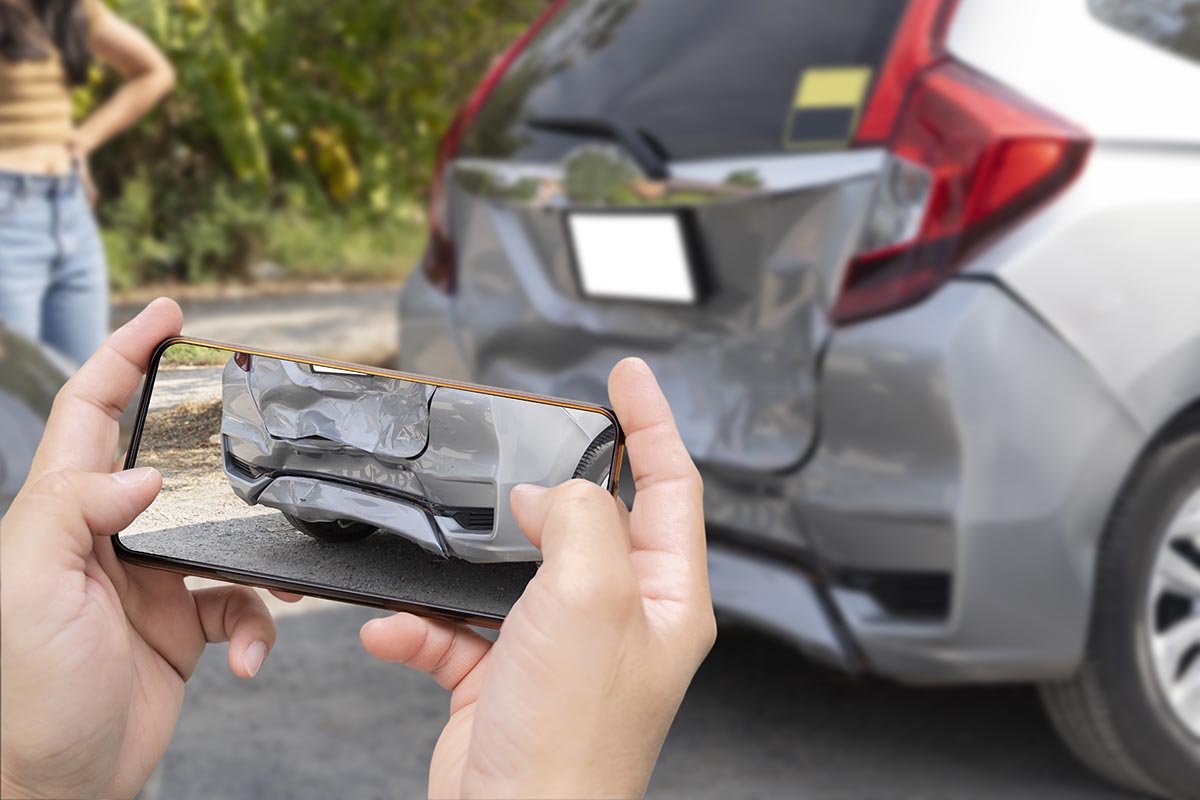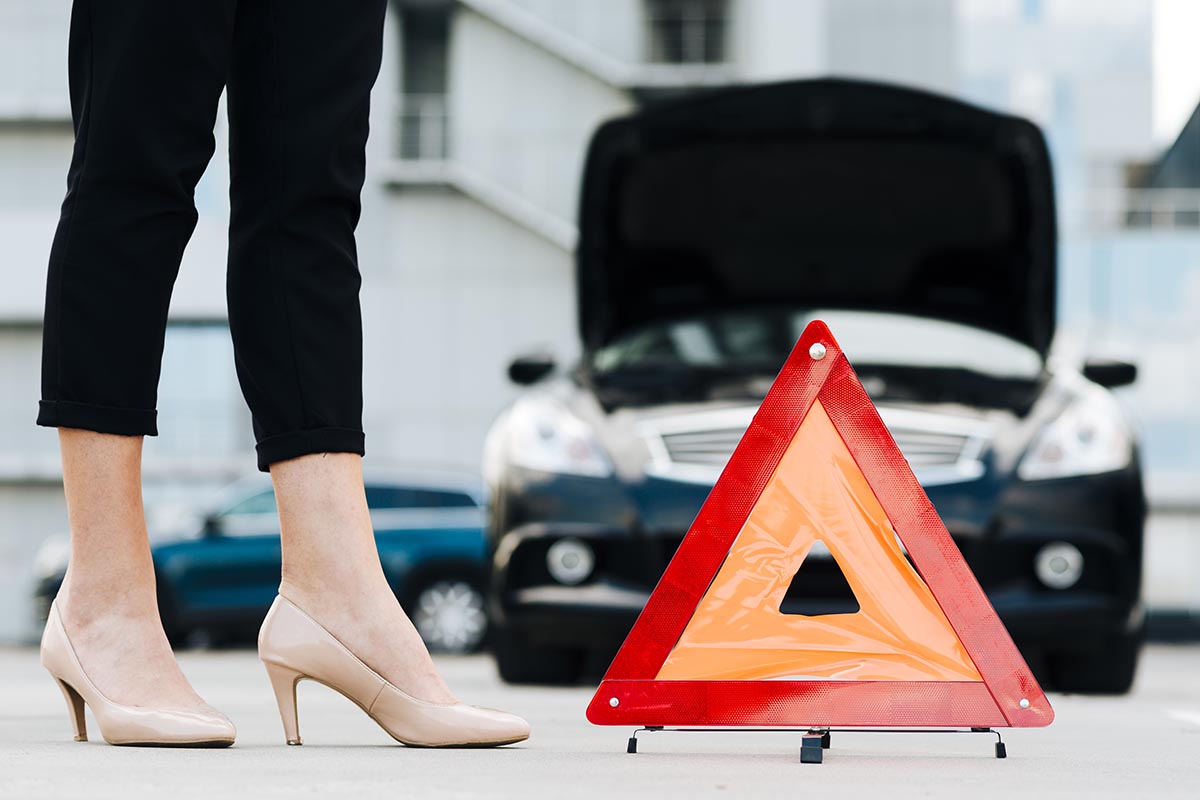The Impact of State Laws on Your Car Accident Case
KEY POINTS
- State laws significantly influence car accident cases, affecting liability, compensation, and claims processes, with variations in “at-fault” vs. “no-fault” systems and negligence rules.
- The statute of limitations sets a state-specific deadline for filing a lawsuit post-accident, and insurance requirements dictate the necessary coverage for drivers in each state.
- Some states impose caps on compensation, particularly for non-economic damages, which can limit the amount recoverable in personal injury cases arising from car accidents.
Car accident laws vary significantly from state to state. These differences in laws can profoundly impact your case, influencing everything from the claims process to the amount of compensation you might receive.
Understanding how state laws affect your car accident case is essential to ensure you protect your rights and interests.
Liability and Fault
One of the most crucial aspects of car accident law is how states determine liability and fault. This determines who is responsible for the damages.
At-Fault versus No-Fault States
Some states follow an “at-fault” system, where the party responsible for the accident is liable for the damages. Other states have a “no-fault” system, which requires each party to file a claim with their own insurance company regardless of who caused the accident.
Comparative versus Contributory Negligence
Furthermore, states differ on how they handle cases where more than one party is at fault:
- Comparative Negligence: Most states use a form of comparative negligence that allows a damaged party to recover even if they are partially at fault, with compensation reduced by their percentage of fault.
- Pure Comparative Negligence: Some states, under pure comparative negligence, allow a damaged party to recover damages even if they are 99% at fault.
- Modified Comparative Negligence: Many states follow a modified comparative negligence rule where the damaged party can only recover if they are less at fault than the other party (usually 50% or less).
- Contributory Negligence: A few states adhere to a strict contributory negligence rule where if the damaged party is even 1% at fault, they may be barred from recovering any compensation.
Statute of Limitations
Every state sets its own time limit, known as the statute of limitations, within which you can file a lawsuit after a car accident. Filing after this period can result in your case being dismissed, regardless of its merits.
Insurance Requirements
State law also dictates the minimum types and amounts of car insurance that drivers must carry. For instance:
- Bodily Injury Liability: Covers costs related to injuries to others in an accident you cause.
- Property Damage Liability: Covers damages to another person’s property in an accident you cause.
- Personal Injury Protection (PIP): Required in no-fault states, this insurance covers medical expenses and other losses, regardless of fault.
- Uninsured/Underinsured Motorist Protection: Some states require this coverage to protect against accidents involving drivers without adequate insurance.
Damages Cap
Some states have a cap on the compensation you can receive, particularly for non-economic damages like pain and suffering. These caps can limit recovery in personal injury cases, including car accidents.
Steps to Take After a Car Accident
According to the car accident lawyers at Gray & White Law in Louisville, here are steps you should take if you’re involved in a car accident:
- Seek Medical Attention: Your health comes first. Some conditions appear later, even if you don’t think you’re injured.
- Report the Accident: Call the police and report the accident. Obtain a copy of the accident report.
- Collect Evidence: If possible, take photos, gather contact information of witnesses, and take notes about the accident.
- Notify Your Insurance Company: Inform your insurer but refrain from giving a recorded statement or accepting a settlement before speaking with a lawyer.
- Consult with a Car Accident Lawyer: An experienced attorney can help you navigate the laws in your state and ensure the best outcome for your case.
The complex web of laws governing car accidents in various states highlights the importance of having a knowledgeable lawyer by your side.
A car accident attorney will be familiar with the nuances of your state’s laws and can provide tailored advice to help you secure the compensation you deserve. Don’t underestimate state laws’ impact on your car accident case; get informed and seek professional guidance.



















